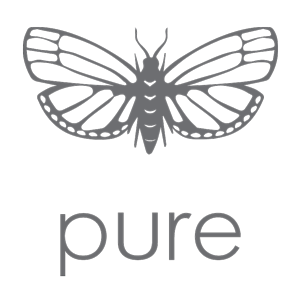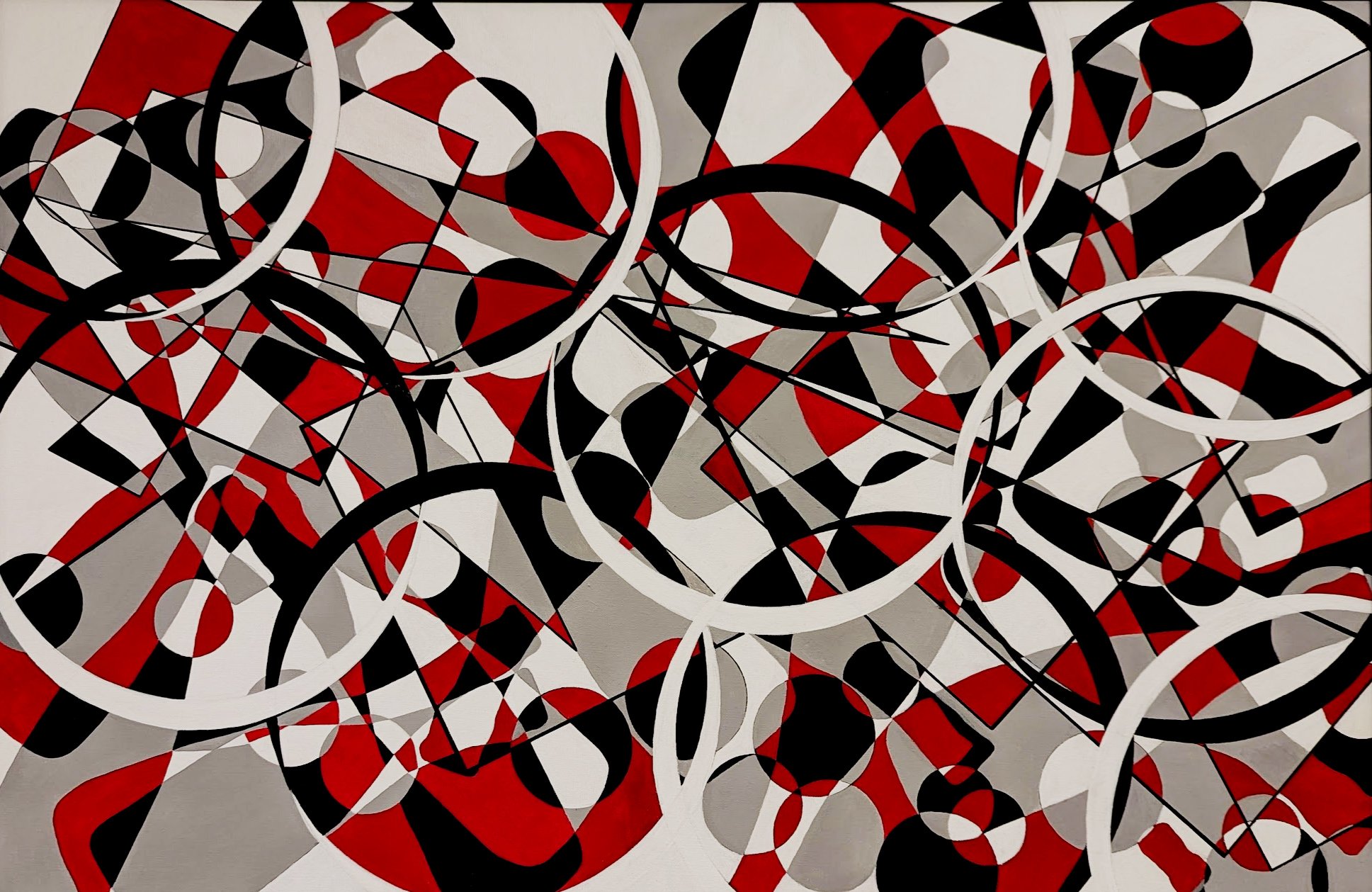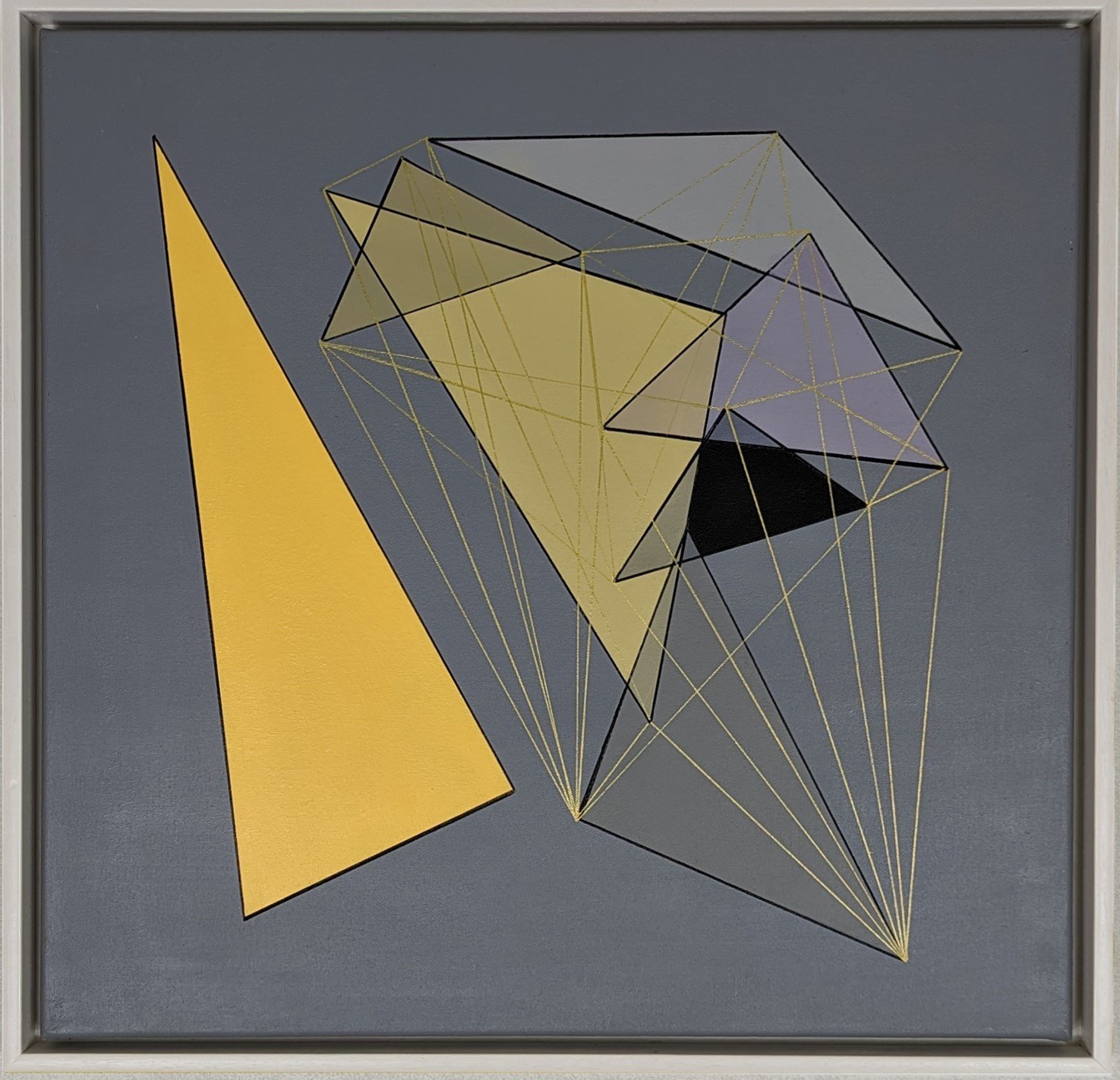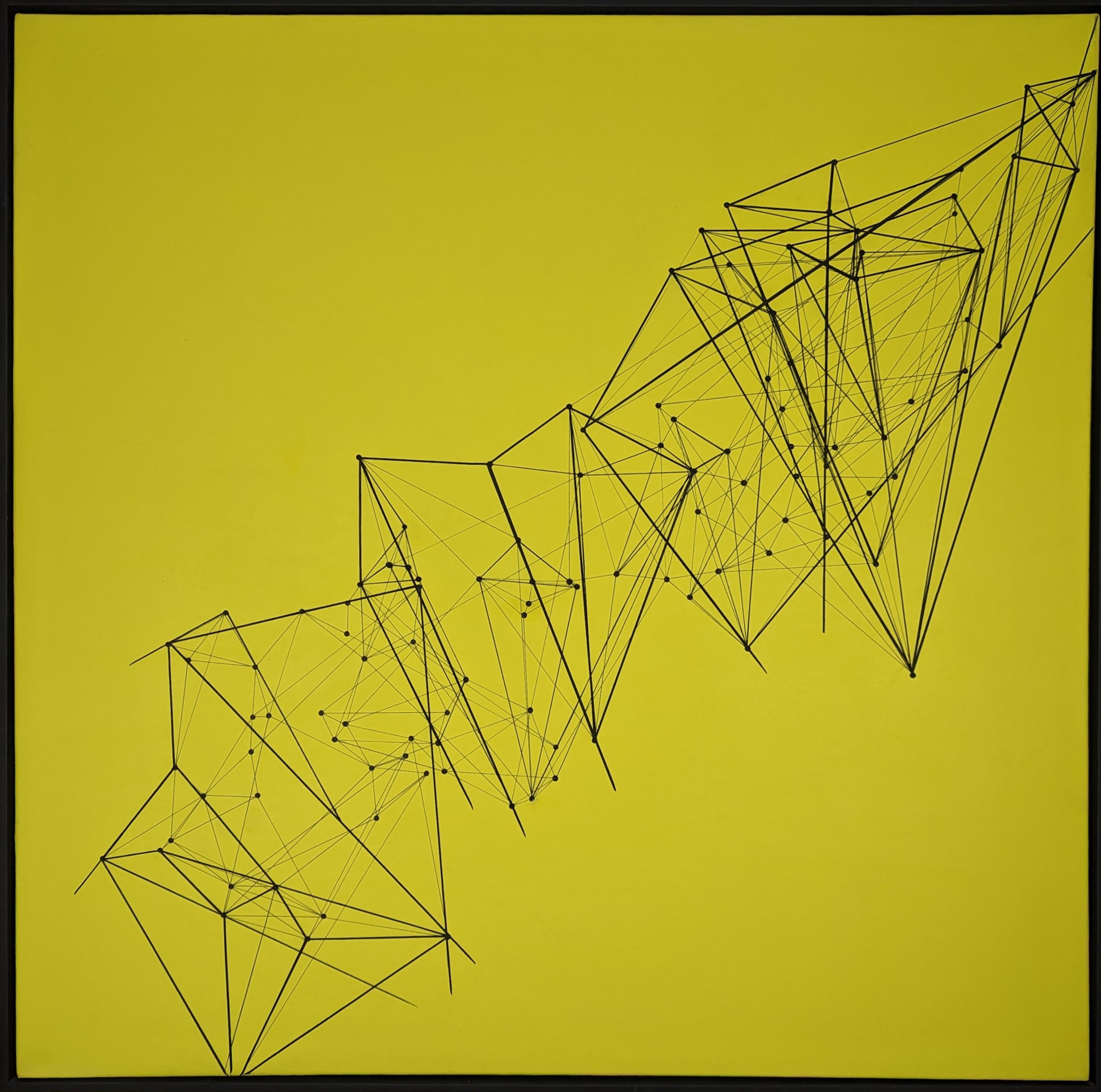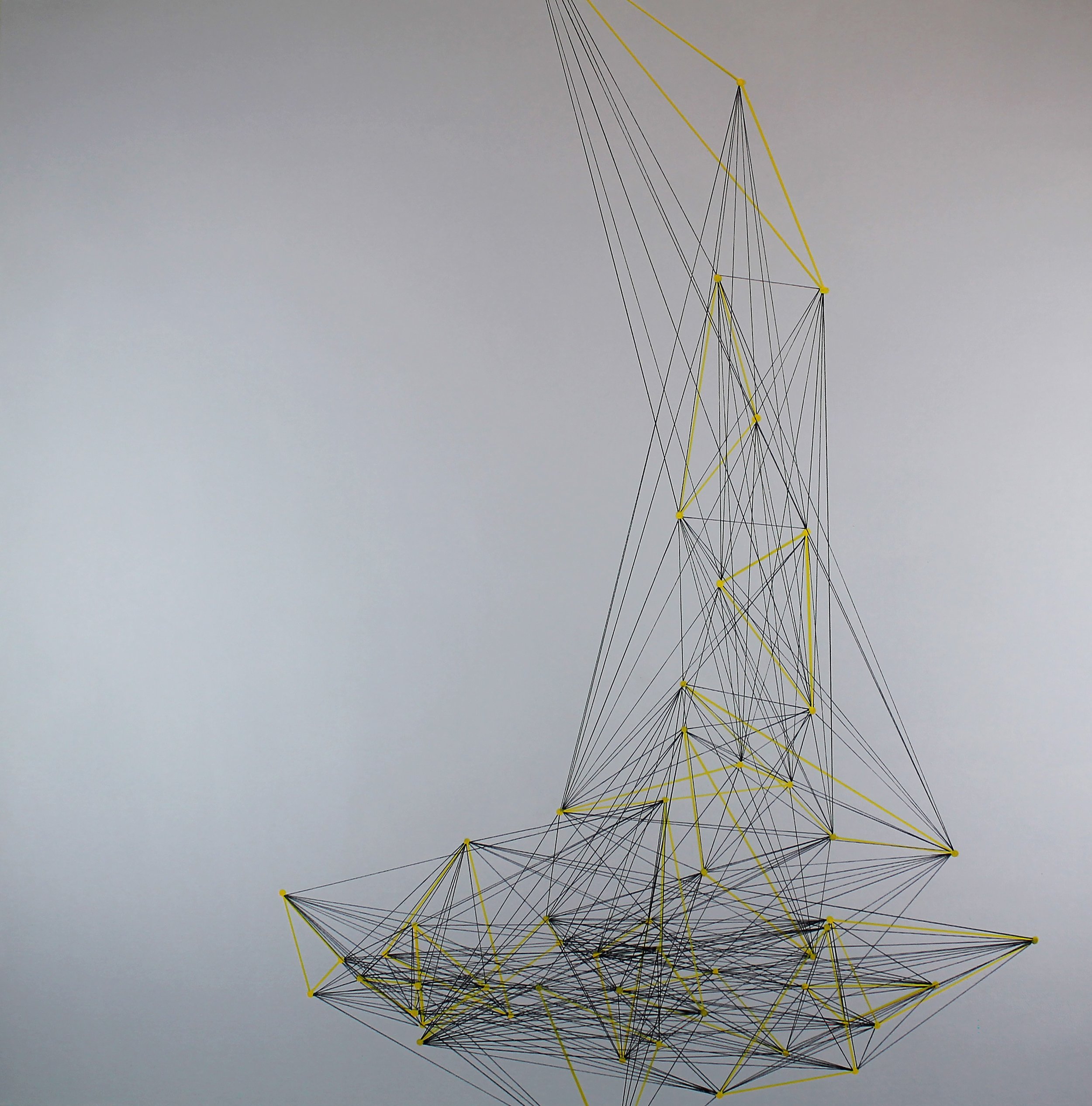Jane Cordery
Please could you tell us about where you grew up and your upbringing.
I was born in Surrey, in England, went to the local Secondary School (the same one as Jimmy Page) and then went on to read History at Reading University.
I was interested in many creative occupations from a young age and my father was very creative - he drew, painted and made clay and wood models - and encouraged me to draw and paint. He taught me perspective and we often painted or made clay models together.
I didn’t take any art qualifications while at school despite being told I was ‘good’ at art. This was the result of a silent protest on my part to a careers teacher’s comment that the boys should do physics, as it would be good for their careers, whereas the girls could just do art as it didn’t matter for them; naturally I chose physics!
Did you have an interest in art as a child?
When I look back I can see the beginnings of most of my primary art practice in the roots of my childhood. When not socialising with my peers or doing sport I was very happy to be on my own and nearly all my hobbies and occupations through to later teenage years was based on creativity of some kind, working with my hands or drawing/painting.
My Nan lived with us for a long while and she taught me sewing, knitting and other thread crafts. I think this is why my natural art practice has extended from drawing and painting into sculptural methods, often using thread.
Did you have a formal art education or are you self taught?
Despite having no formal education in art when I was young I did routinely attend a multitude of creative evening classes, under Adult Education, throughout my working life. This included pottery, drawing, watercolours, acrylics, pastels and sculpture.
I first took up formal art studies in my early 50’s, taking my Art A’Level under Adult Education. I then subsequently gave up my professional role to undertake my Fine Art Degree through Kent University.
Was there a person or a place in your past that influenced you or you feel set you on the journey to where you are now?
Aside from my father and husband – who were both very supportive of my art – the person who influenced me the most was my Art A’Level tutor in Adult Education who encouraged me to undertake my Fine Art Degree. She also opened my eyes to abstraction.
I also had excellent Degree tutors who introduced me to conceptual art and sculptural techniques, which radically changed my art practice.
Whats the best thing about being an artist?
You are never really alone – physically you may be, but not in your head. Art is a life-long passion, one that seems to fill your waking hours and often your sleeping ones too! There is never any ‘end’, only new beginnings.
And the worst?
The frustrations to get it right and doubts that come alongside being an artist are constant – it is what drives you to improve. That and constantly updating social media and web sites!
What has inspired or influenced you?
Absolutely everything inspires my art, from the colour of the sky/sea to: the books I read, art exhibitions I see, conversations I am party to, actions of people I witness, politics and news reports from around the world etc.. Being a conceptual artist who is interested in current, past and future human frailty just about everything feeds into my art.
I worked in HR for the not for profit sector all my working life and my past experiences have a massive influence on my art focus.
Having formally studied history previously I also see parallels between what has happened in the past and what is happening now which also influences my work. There is a nod to socio-political history in much of my art.
EVE - Exhibited at The Horsebridge, Whistable
Please tell us of your working environment?
I need peace and quiet to work effectively. I find working near others distracting so I work at home, alone. I have an inside and outside studio but frequently find the kitchen is where I choose to work.
I can work all day and then, in the evening, also be doing something with my hands while relaxing and watching TV, such as winding thread around something or finger knitting; I use both these processes frequently.
Please tell us a little of the processes involved in making your art?
Foremost to my process is the idea (or concept) of something, normally related to my thoughts on a particular socio-political issue and often something currently in the news.
I am searching for what is overlooked, unobserved, unconsidered and how to express what I am thinking artistically. In the resulting work I am not seeking to be didactic, I just simply want viewers to consider my art and for it to raise questions.
I am a process artist, which means there is a repetitive aspect to my work, either repeating an action or making lots of small parts to make up a whole. For example I may be threading objects onto something, finger-knitting, gluing thousands of circles of fishing line together, or using a rules and random process in my drawings. Mathematical equations or numbers often come into my work.
Where are you finding ideas and inspiration for your work currently?
I do not focus absolutely on one issue at a time. My mind roves across many issues simultaneously and sometimes my sculptures are expressing multiple strands of ideas. However, my general focus at present is on how our communication patterns and behaviour have changed over time, especially since the rise of the internet and social media.
I do a lot of research into whatever subject is absorbing me; I read books, research the internet, watch films, comb through the news, talk to and observe people etc.
Everywhere I go I see people looking at their mobile screens and not the physical present around them; I’m researching the social impact of this. At present I am trying to ‘draw’ the complexity of that communication.
However, no artist can be unaware of the current impact of both climate change and political uncertainties around the world; these are also issues that feed into my art.
If you weren’t an artist what would you be?
A creative writer.
What advice would you give to those aspiring to make a living out of art?
It’s not easy to make a living out of art, it’s a very competitive environment. You have to be totally passionate about art and very, very driven. If you are, do not let others put you off; you can do anything you want if you are determined enough, even if you do not have money.
Some famous artists, like Mark Bradford, have made amazing art out of ordinary things collected in their community.
Be prepared to work hard and to have to work at something else to support yourself while developing your art practice. What noticeable thing can you do without it costing a lot?
What is the most important thing about yourself
I value my professionalism highly.
I create art because I am passionate about what I make and what it means to me. It is my visual ‘voice’ and it represents me, so everything has to be professionally executed.
I have had to learn not to be hurried, it’s then the mistakes can happen. Preparation is key to this.
And one unexpected thing…?
I first learnt to weld (badly!) in my early 20’s to repair our first car with my mother’s old washing machine. It was an MG saloon, which we called Mr McGee. After that it became Hotpoint McGee!
NOT A Pure MEMBER? JOIN HERE
